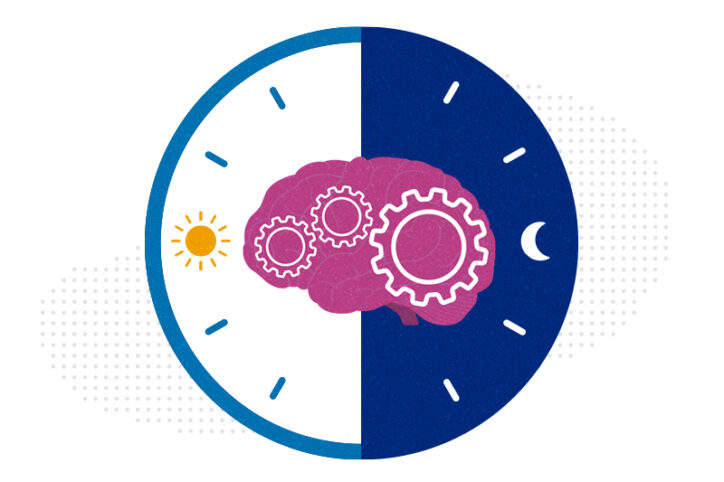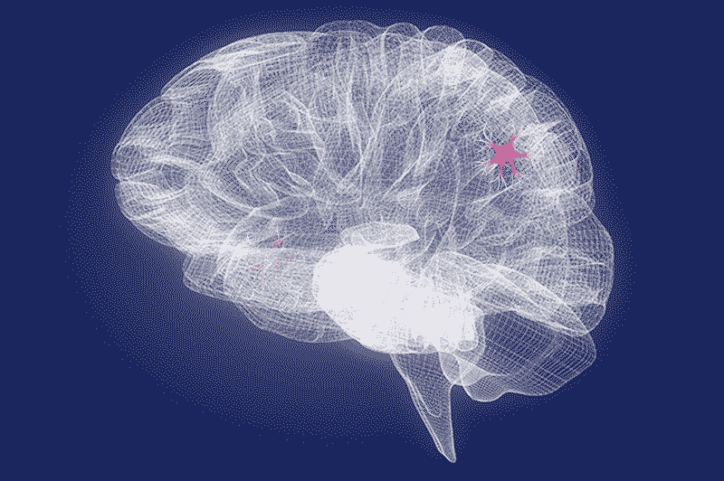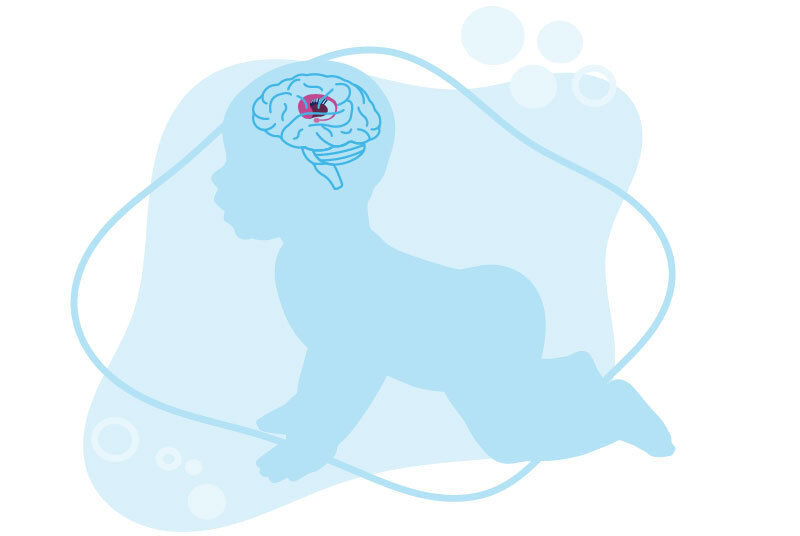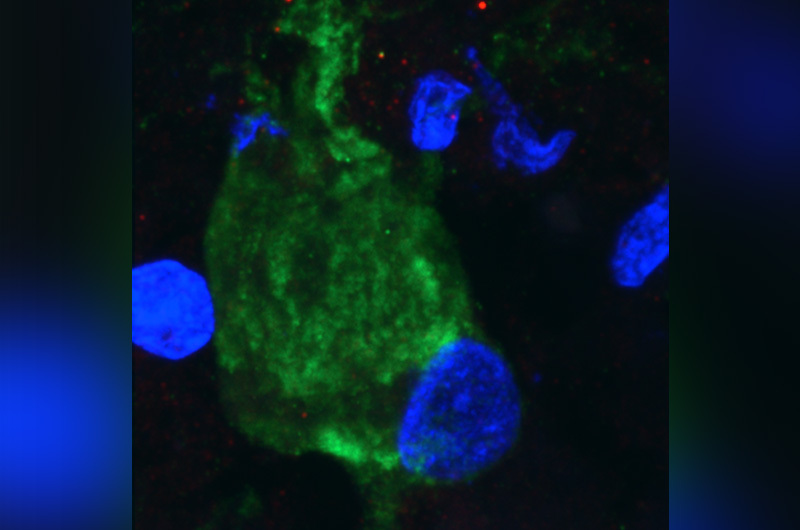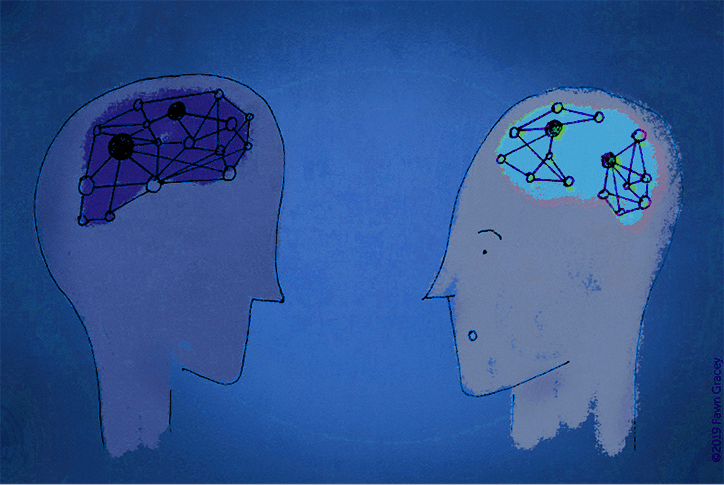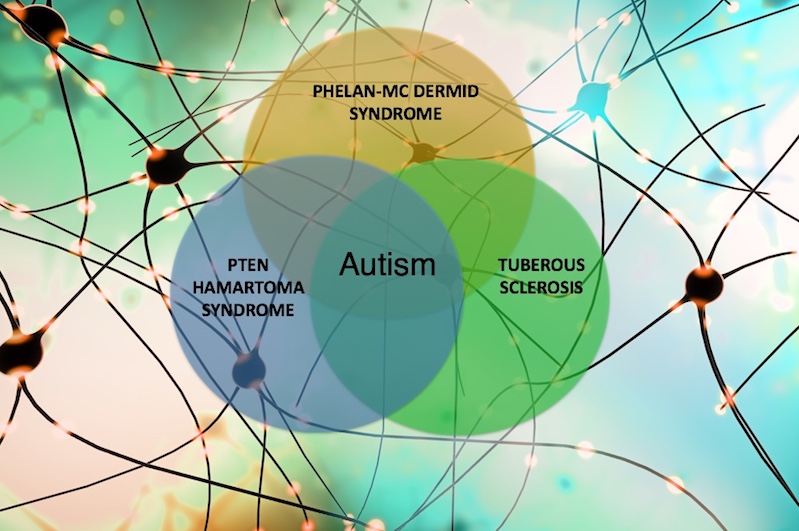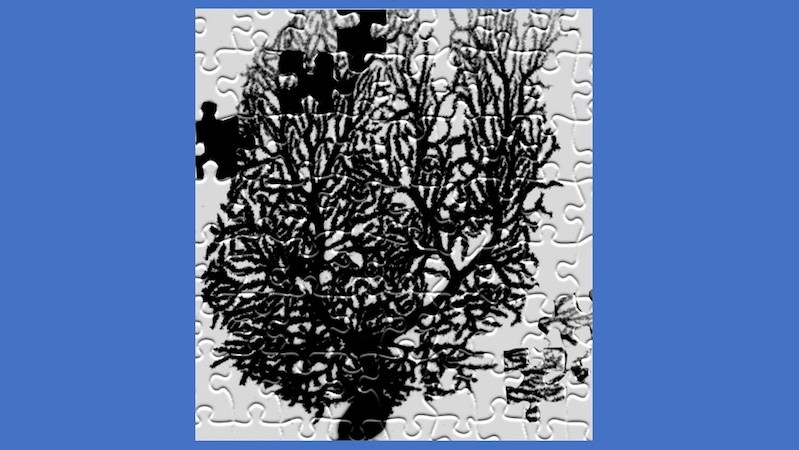Archive for tuberous sclerosis
Timing is everything: How circadian rhythms influence our brains
Why are we mentally sharper at certain times of day? A study led by Jonathan Lipton MD, PhD, at Boston Children’s Hospital spells out the relationship between circadian rhythms — the body’s natural day/night cycles — and the brain connections known as synapses. The work is the first to provide a cellular and molecular explanation ... Read More about Timing is everything: How circadian rhythms influence our brains
Tagged: neuroscience, tuberous sclerosis
Treating brain ‘hotspots’ and networks to address autism, aggression, and more
What if doctors could break down conditions like autism into their key symptoms, map these symptoms to “hotspots” in the brain, and then treat those areas directly with brain stimulation? If it bears out, such an approach could turn the care of neurologic and developmental disorders on its head, focusing on symptoms that are shared ... Read More about Treating brain ‘hotspots’ and networks to address autism, aggression, and more
Tuber locations associated with infantile spasms map to a common brain network
About half of all babies with tuberous sclerosis complex (TSC) develop infantile spasms, a type of epilepsy that can have serious long-term neurologic consequences. Infantile spasms occur more often in children who have more brain tubers — groups of cells that do not divide into normal neurons and brain cells — but we haven’t known ... Read More about Tuber locations associated with infantile spasms map to a common brain network
Tagged: neuroscience, newborn medicine, tuberous sclerosis
New drug pathway linked with tuberous sclerosis
Tuberous sclerosis complex (TSC) is a neurological disorder causing non-cancerous tumors, called cortical tubers, to grow throughout the brain and body, as well as other conditions like epilepsy and autism. While medications are used to treat some of the manifestations of the disease, safe and more effective treatments targeting disease at a fundamental level are ... Read More about New drug pathway linked with tuberous sclerosis
Tagged: rare disease, tuberous sclerosis
‘Face blindness’ may represent a failed brain network — and could shed light on autism
People with prosopagnosia, or “face blindness,” have trouble recognizing faces — even those of close friends and family members. While some people can compensate by using clothing and other cues, face blindness often creates serious social problems. It often becomes apparent in early childhood, but, rarely, people can acquire face blindness later in life after ... Read More about ‘Face blindness’ may represent a failed brain network — and could shed light on autism
Exploring autism by way of three rare genetic disorders
Rajna Filip-Dhima, MS is a senior project manager for the Translational Neuroscience Center at Boston Children’s Hospital and for the Developmental Synaptopathies Consortium, which just received a new cycle of NIH funding. Autism spectrum disorder (ASD) is now believed to affect 1 in 59 children in the U.S. Over the past five years, Boston Children’s Hospital ... Read More about Exploring autism by way of three rare genetic disorders
Earlier treatment may help reverse autism-like behavior in tuberous sclerosis
New research on autism has found, in a mouse model, that drug treatment at a young age can reverse social impairments. But the same intervention was not effective at an older age. The study is the first to shed light on the crucial timing of therapy to improve social impairments in a condition associated with ... Read More about Earlier treatment may help reverse autism-like behavior in tuberous sclerosis
Is rapamycin the new aspirin?
I’ve heard it said that if aspirin had to go through today’s FDA approval process, it would never be approved for over-the-counter use because it just does so many things. Lately, it’s been hard to cover biomedical research at Children’s without stumbling on another drug that’s also FDA-approved and also seems to have multiple uses: ... Read More about Is rapamycin the new aspirin?
Neurogenetic disorders: Dreaming the impossible dream
People with autism and most other disorders of brain development have never had medications to treat their core behavioral and cognitive symptoms. The best they can get are drugs targeting secondary problems, like irritability or aggression. But now, a new wave of clinical trials aims to change this. In the last decade, scientists have discovered ... Read More about Neurogenetic disorders: Dreaming the impossible dream


